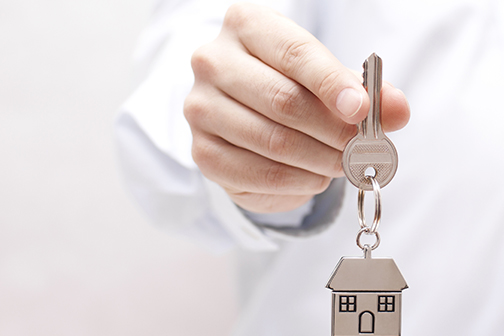
Apparently, home loan providers have a long list of terms and conditions which borrowers need to meet in order to be eligible for a loan. Sometimes, there are cases wherein, even if an individual borrower meets the home loan eligibility criteria, he/she might be required to have the loan document undersigned by a guarantor. To learn more about such cases and the risks involved for the guarantors, read through the page.
Conditions Requiring Guarantor for a Home Loan
Lenders usually ask the borrower for a home loan guarantor in one or more of the following cases:
- If the amount to be borrowed is beyond the limit as per the bank’s policies
- If the borrower has a low credit score
- If the borrower has a poor history of loan repayment/debt settlement
- If the borrower is involved in a high-risk job
- If the borrower is at an advanced age.
- If the borrower does not meet the minimum monthly income criteria
The fundamental reason behind a bank asking the borrower to have a guarantor for home loan is to ensure that the loan will be repaid even if the primary applicant defaults.

Get Home Loan at the Low Interest Rate from Top Lenders Apply Now
Factors To Consider Before Becoming a Loan Guarantor
Before you commit to undersigning the loan document as a guarantor, you need to ask yourself a few below-mentioned questions. It is critical to make an informed decision as once you sign the papers, you will be legally liable to repay the loan in case the actual borrower defaults.
1. Are you joining as a financial or non-financial guarantor?
Lenders usually ask the borrower to identify the guarantor as a financial or non-financial guarantor. A non-financial guarantor is kept on the records and only acts as an alternate contact for the bank in case the primary applicant cannot be reached. However, unlike a financial guarantor, a non-financial guarantor is not financially liable for any default in repayment of the home loan by the borrower.
2. What obligations are you accepting as a guarantor?
The obligation of a financial guarantor is usually limited to repaying the outstanding home loan along with any interest rate and late fees due, in case the lender fails to honor the debt. The law is also of the opinion that this should be stringently enforced, especially if the primary borrower is identified as a willful defaulter.
3. How does undersigning as a guarantor impact your own loan eligibility?
As far as lenders are concerned, the extent of your liability as a financial guarantor is equal to that of the primary borrower. Therefore, any defaults or late payments made by the primary borrower will have an impact on your credit score.
4. How will home loan tenure affect you?
The tenure of the home loan is important to the guarantor in the sense that he/she will remain liable until the loan is completely paid off. Once the loan is repaid in full, you will need to seek a no objections certificate (NOC) and a release of guarantorship from the lender to complete the process.
5. Are you financially secure and aware of the terms of the loan as a guarantor?
As a guarantor, you need to be sure of your own financial standing before taking up the responsibility. You must be well prepared for the worst-case scenarios and possess the capability of making timely EMI payments if the borrower defaults. Moreover, you need to be completely aware of the terms and conditions outlined in the loan document so as to be on top of the situation at all times.
1 Comment Comments
Like!! Really appreciate you sharing this blog post. Really thank you! Keep writing.